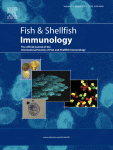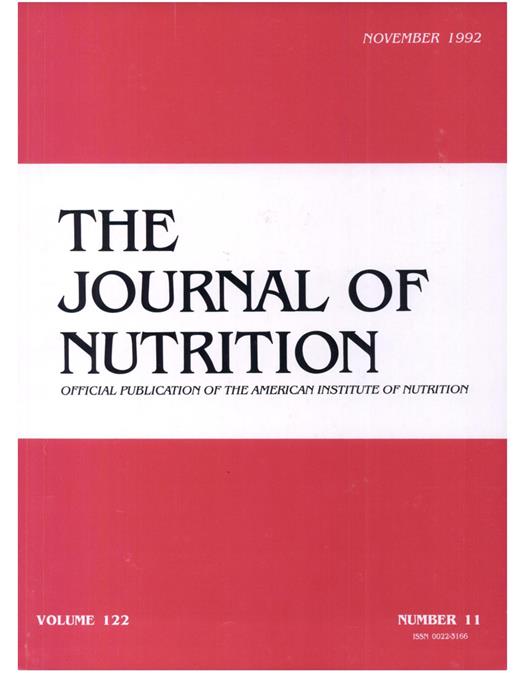ecstatichamster
Member
- Joined
- Nov 21, 2015
- Messages
- 10,523
There are great experiments that show glycine + NAC are rolling back many markers of aging. .A speculative theory is that glutathione production is increased by glycone + NAC and that this is responsible by assisting scavenging of ROS, thereby slowing down aging or rolling back some of the many markers of aging.
I and @haidut and others wonder if only glycine may do the trick, and perhaps NAC is unnecessary.
This fish experiment is one I found that seems well constructed and tests a control diet with glycine, and NAC, and both…

 www.sciencedirect.com
www.sciencedirect.com
An 8-week feeding trial was conducted to evaluate the effect of N-acetyl cysteine (NAC) and glycine supplementation on growth performance, glutathione (GSH) synthesis, anti-oxidative and immune ability of Nile tilapia, Oreochromis niloticus. Four practical diets were formulated, control, control +0.2% NAC, control +0.5% glycine, control +0.2% NAC +0.5% glycine.
Each diet was randomly assigned to quadruplicate groups of 30 fish (approximately 9.5 g). The weight gain and specific growth rate were significantly increased with the supplementation of NAC and glycine.
While they had no effect on feed efficiency feed intake and survival. Glutathion peroxidase (GPx) was increased by NAC and γ-glutamine cysteine synthase (γ-GCS) in plasma were increased by glycine.
After the feeding trail, fish were challenged by Streptococcus iniae, fish fed the diet supplemented with NAC obtained significantly higher survival rate after 72 h challenge test. NAC also decreased malonaldehyde (MDA) in liver, increased glutathione S-transferase (GST) activity in plasma, up-regulated mRNA expression of Superoxide dismutase (SOD) and GPx in liver and headkidney.
Dietary supplementation of glycine increased the anti-oxidative ability of tilapia through increase anti-oxidative enzyme activity (SOD, glutathione reductase, myeloperoxidase) and up-regulate anti-oxidative gene expression (SOD).
Immune ability only enhanced by the supplementation of NAC through increased interleukin-1β (IL-1β) mRNA expression. These results clearly indicated that the supplementation of NAC and glycine can significantly improve the growth performance of tilapia, and NAC also enhance the anti-oxidative and immune capacity of tilapia, glycine could only enhance the anti-oxidative ability.
I and @haidut and others wonder if only glycine may do the trick, and perhaps NAC is unnecessary.
This fish experiment is one I found that seems well constructed and tests a control diet with glycine, and NAC, and both…

Effect of N-acetyl cysteine and glycine supplementation on growth performance, glutathione synthesis, anti-oxidative and immune ability of Nile tilapia, Oreochromis niloticus
An 8-week feeding trial was conducted to evaluate the effect of N-acetyl cysteine (NAC) and glycine supplementation on growth performance, glutathione…
An 8-week feeding trial was conducted to evaluate the effect of N-acetyl cysteine (NAC) and glycine supplementation on growth performance, glutathione (GSH) synthesis, anti-oxidative and immune ability of Nile tilapia, Oreochromis niloticus. Four practical diets were formulated, control, control +0.2% NAC, control +0.5% glycine, control +0.2% NAC +0.5% glycine.
Each diet was randomly assigned to quadruplicate groups of 30 fish (approximately 9.5 g). The weight gain and specific growth rate were significantly increased with the supplementation of NAC and glycine.
While they had no effect on feed efficiency feed intake and survival. Glutathion peroxidase (GPx) was increased by NAC and γ-glutamine cysteine synthase (γ-GCS) in plasma were increased by glycine.
After the feeding trail, fish were challenged by Streptococcus iniae, fish fed the diet supplemented with NAC obtained significantly higher survival rate after 72 h challenge test. NAC also decreased malonaldehyde (MDA) in liver, increased glutathione S-transferase (GST) activity in plasma, up-regulated mRNA expression of Superoxide dismutase (SOD) and GPx in liver and headkidney.
Dietary supplementation of glycine increased the anti-oxidative ability of tilapia through increase anti-oxidative enzyme activity (SOD, glutathione reductase, myeloperoxidase) and up-regulate anti-oxidative gene expression (SOD).
Immune ability only enhanced by the supplementation of NAC through increased interleukin-1β (IL-1β) mRNA expression. These results clearly indicated that the supplementation of NAC and glycine can significantly improve the growth performance of tilapia, and NAC also enhance the anti-oxidative and immune capacity of tilapia, glycine could only enhance the anti-oxidative ability.

